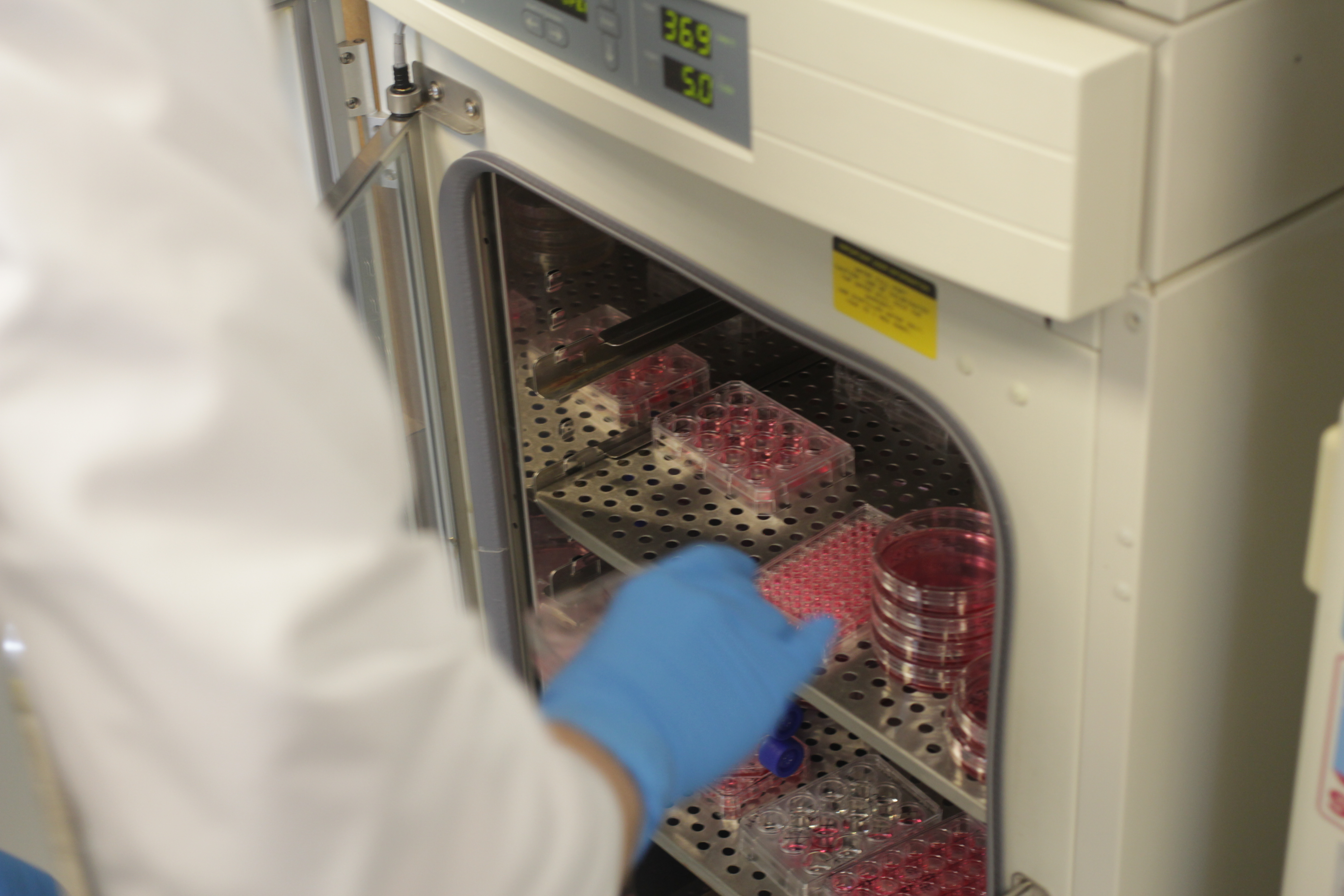
If my mother had Alzheimer’s, should I go for testing?
This is a difficult question because while it is known that Alzheimer’s disease is highly inheritable, meaning that it can cluster in families, there are only a few gene abnormalities that definitively cause the disease (i.e., if you inherit it, it will be almost certain that you will get the disease). These are mutations in genes called Amyloid Precursor Protein, Presenilin 1 and Presenilin 2, with Presenilin 1 mutations being the most frequent.
While these are important genes implicated in cause of Alzheimer’s disease, they are exceedingly rare in the general population, often affect individuals under the age of 50, and are not likely to be implicated in the majority of cases of Alzheimer’s disease (generally < 0.5% of all cases). Alternatively, there is one common genetic variant known as the Apoliprotein E4 variant that increases the risk of developing AD, but does not guarantee that someone who inherits it will get the disease. This is usually associated with late onset forms of the AD.
I would recommend the following:
- If you have symptoms of AD such as memory problems, then you should be assessed by a physician.
- If you have a strong family history of AD where multiple siblings, at least one parent and the aunts and uncles of the affected parent developed symptoms of AD before the age of 65, then you might consider seeing a clinical geneticist to learn about risks of developing disease and to weigh the benefits and risks of being assessed for familial mutations that cause the disease.
Learn more about how the Alzheimer Society supports research.
Associate Scientist, Sunnybrook Hospital
Alzheimer Society Research Program Grant recipient
